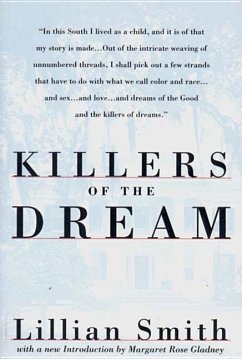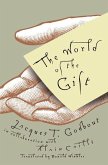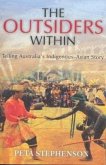A Southern white writer, educator, and activist, Lillian Smith (1897 1966) spoke out all her life against injustice. In Killers of the Dream (1949), her most influential book, she draws on memories of her childhood to describe the psychological and moral cost of the powerful, contradictory rules about sin, sex, and segregation the intricate system of taboos that undergirded Southern society.
Published to wide controversy, it became the source (acknowledged or unacknowledged) of much of our thinking about race relations and was for many a catalyst for the civil rights movement. It remains the most courageous, insightful, and eloquent critique of the pre-1960s South. "I began to see racism and its rituals of segregation as a symptom of a grave illness," Smith wrote. "When people think more of their skin color than of their souls, something has happened to them." Today, readers are rediscovering in Smith's writings a forceful analysis of the dynamics of racism, as well as her prophetic understanding of the connections between racial and sexual oppression.
Hinweis: Dieser Artikel kann nur an eine deutsche Lieferadresse ausgeliefert werden.
Published to wide controversy, it became the source (acknowledged or unacknowledged) of much of our thinking about race relations and was for many a catalyst for the civil rights movement. It remains the most courageous, insightful, and eloquent critique of the pre-1960s South. "I began to see racism and its rituals of segregation as a symptom of a grave illness," Smith wrote. "When people think more of their skin color than of their souls, something has happened to them." Today, readers are rediscovering in Smith's writings a forceful analysis of the dynamics of racism, as well as her prophetic understanding of the connections between racial and sexual oppression.
Hinweis: Dieser Artikel kann nur an eine deutsche Lieferadresse ausgeliefert werden.








